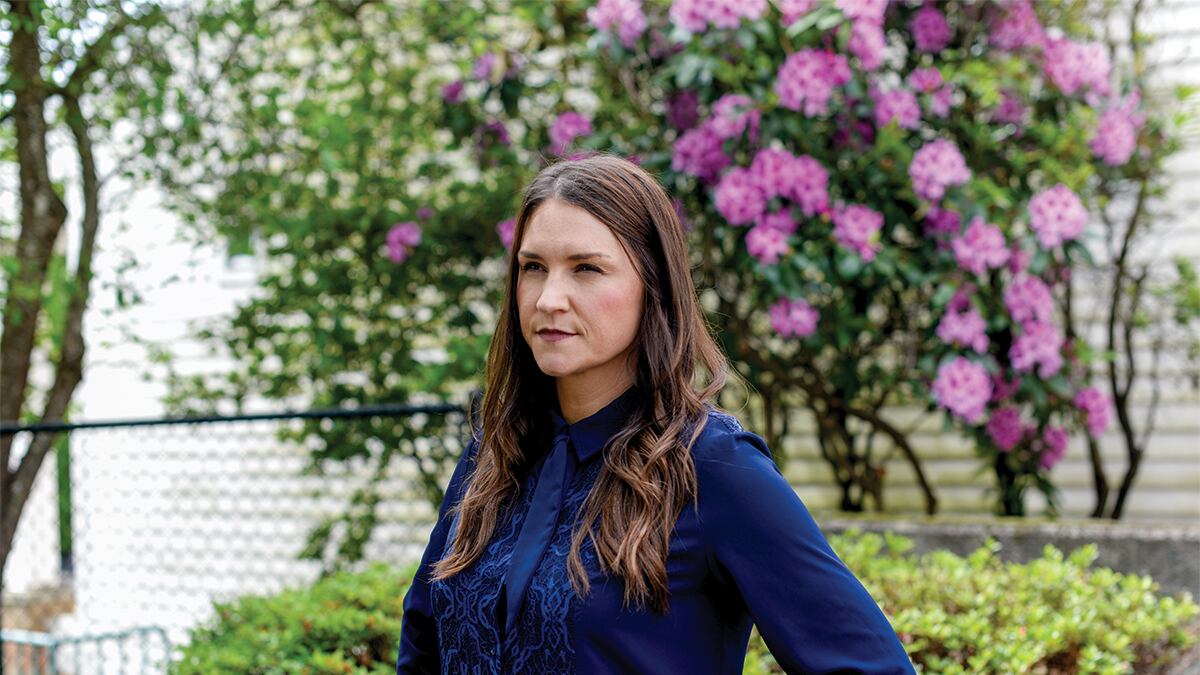Secretary of State Shemia Fagan last week told Oregon campaign finance reformers she planned to reject the language they proposed for three ballot measures that would slash the amount of cash that donors can shower on candidates.
Oregon is one of just five states that have no limits on campaign contributions. That’s why Nike co-founder Phil Knight could write a $250,000 check to candidate for governor Betsy Johnson, and why donors, mostly labor unions, could plonk more than $3 million into Fagan’s 2020 campaign.
Fagan says she plans to reject the ballot measures because they didn’t include, word for word, the full text of Oregon laws they would change, as required by a 2004 court ruling, Kerr v. Bradbury. A final decision from Fagan is expected Feb. 9.
The founders of Honest Elections Oregon say Fagan is killing their effort to get big money out of state politics by citing Kerr, which doesn’t qualify as legal precedent because it was declared moot before the Oregon Supreme Court addressed its merits.
Honest Elections Oregon says plenty of ballot measures have qualified without reproducing every word of the Oregon statutes they would change. Examples it cites appear below.
Fagan spokesman Ben Morris says those initiatives were handled by prior secretaries of state. “All of those initiatives were approved by previous administrations,” Morris wrote in an email. “Our administration has consistently interpreted the full text requirement in accordance with the court’s opinion in Kerr and the advice of the [Oregon Department of Justice].”
Initiatives approved by previous Oregon secretaries of state without the full text of Oregon laws they would change, according to Honest Elections Oregon:
IP-1 (2020) Get Big Money Out of Oregon Elections III Would have amended the state constitution to allow laws that regulate contributions and expenditures made to influence elections. (Did not make the ballot for lack of signatures.)
IP-34 (2020) Oregon Psilocybin Services Act Allowed manufacture, delivery and administration of psilocybin at supervised, licensed facilities. Imposed a two-year development period. (Passed by voters.)
IP-3 (2022) Environmental Quality Commission Reform Act Would change the makeup of the Environmental Quality Commission to require that four of five members represent industries. (In process.)
